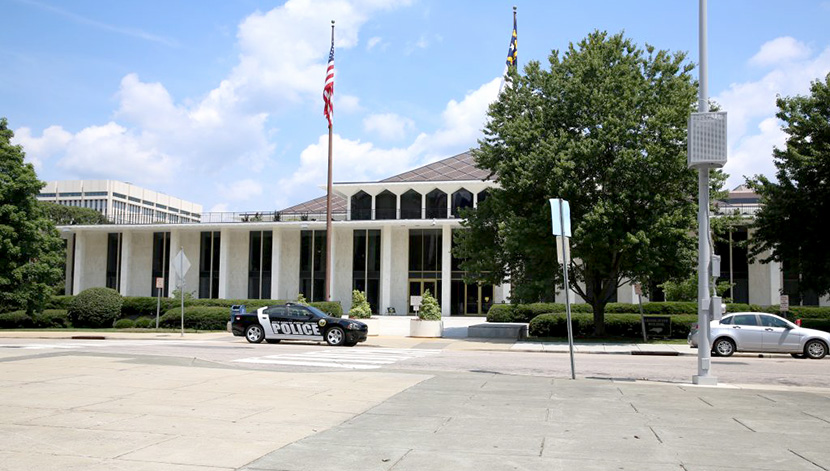Publisher's note: This post appears here courtesy of the Carolina Journal, and written by John Hood.
Gov. Roy Cooper insists that Medicaid expansion be part of North Carolina's budget deal for 2019-20. Republican leaders of the legislature disagree. That's the main reason why state government has been operating at last year's spending levels since July 1. It's the main reason the General Assembly is still in session as we approach the month of September.
There are other budgetary disputes, to be sure. Cooper wanted higher pay raises for teachers. Legislators wanted higher pay raises for state employees. They differ on how to pay for school construction and what other capital projects deserve state funding.
Meeting somewhere in the middle on these financial matters is doable. But whether to expand Medicaid is a yes-or-no question of momentous importance. Cooper surely knew insisting on it would shut down any budget negotiations.
And he's made the situation even worse by being obnoxious about it.
Speaking to Raleigh's WRAL-TV, Cooper denied the Republicans' characterization that he has issued an
"ultimatum" on Medicaid. He said he could be satisfied with
"something that [Senate leader Phil Berger] doesn't believe is Medicaid expansion that gets more health insurance to people."
Cooper is talking about a Medicaid-expansion bill some Republican lawmakers filed in the House. It unambiguously draws down federal Medicaid dollars to provide Medicaid coverage to able-bodied North Carolinians under the provisions of the Affordable Care Act. While it has some work requirements and cost-sharing provisions that Democrats strongly dislike, and some GOP supporters have tried for political reasons to reject the label, Berger calls it Medicaid expansion because that's what it is.
On the budget dispute and other issues, Roy Cooper has been getting some very bad advice lately from highly partisan and left-wing aides. To his discredit, he's been taking it.
What they should have been telling the governor is that he started out in a weak position and has only seen it erode since July. Unlike budget disputes in Washington, there is no prospect in North Carolina of a shutdown. State government is operating normally, with spending levels maintained from 2018-19. There is no groundswell of public pressure for the General Assembly to cave. And there are popular things in the state budget Cooper vetoed.
GOP leaders are now pursuing
a strategy of enacting some of those provisions piecemeal, including pay raises for public employees and a
partial refund of North Carolina's healthy revenue surplus. If Cooper vetoes them, he is essentially writing Republican ad copy for the 2020 election. If he doesn't, much of the disputed budget will have been implemented without Medicaid expansion.
Because I have long disliked the bipartisan practice of rolling most consequential issues into a single budget bill each year, I welcome the legislature's piecemeal approach in 2019 as more than just a temporary solution to a vexing political conflict. Generally speaking, I'd like to see the General Assembly run more policy changes as separate bills. There may also be good reasons to vote separately on operating budgets, capital budgets, pay raises, and bills to draw down federal funds for state projects. Let's at least talk about it, and see how it works out in 2019-20.
I understand the case Cooper and his supporters make for Medicaid expansion, although I don't agree with it. Do they understand the case against it? Based on what they say, and how ineffectually they've responded to it, I suspect not. Conservatives in the General Assembly think our welfare state is large enough already. They don't want to expand dependency, they (properly) don't think federal money is some free gift from afar, and they worry that any work rules or premiums instituted today over progressive objections will be nerfed or dismantled tomorrow. Everything the governor has said during the budget dispute has reinforced their opposition rather than softening it.
The legislative branch retains the primary authority over fiscal policy in North Carolina and clearly plans to use it to bypass a recalcitrant governor. Unless he offers a peace meal, they'll do it piecemeal.
John Hood (@JohnHoodNC) is chairman of the John Locke Foundation and appears on "NC SPIN," broadcast statewide Fridays at 7:30 p.m. and Sundays at 12:30 p.m. on UNC-TV.

